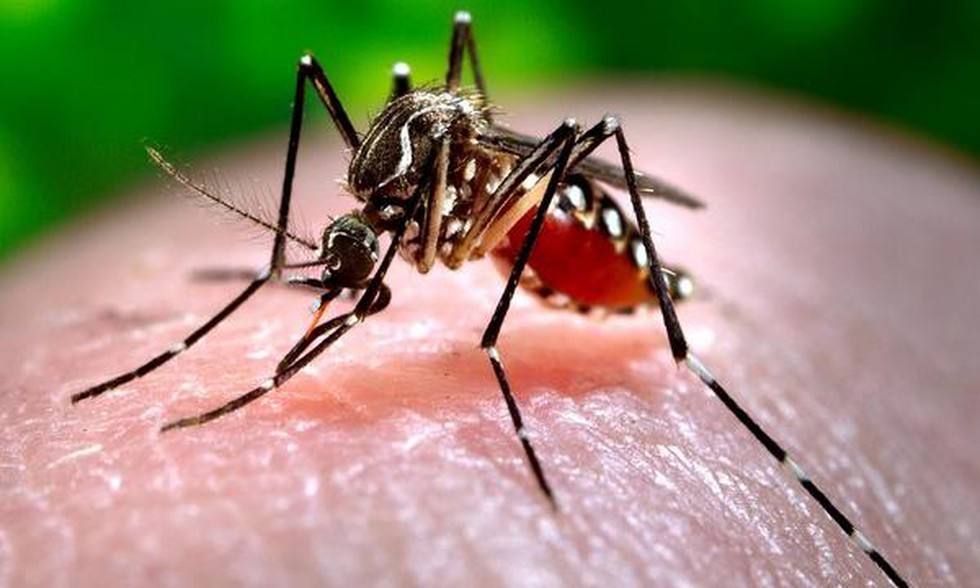About Japanese Encephalitis:
- It is a potentially severe viral zoonotic disease caused by the Japanese Encephalitis(B) virus.
- Transmission:
- The virus is transmitted from animals, particularly pigs and birds belonging to the Ardeidae family, such as cattle egrets, pond herons, etc. to humans by the Culex mosquito of the Vishnui group.
- There is no human-to-human transmission of the virus.
- The disease is most common in rural areas of Asia, particularly during monsoon seasons when mosquito breeding is prevalent.
- Symptoms:
- It affects the brain, leading to symptoms like fever, headache, vomiting and neurological issues such as confusion, seizures and paralysis.
- While many infected individuals may show mild or no symptoms, severe cases can lead to permanent brain damage or death.
- Prevention and Treatment:
- Vaccination is the most effective prevention strategy, particularly in endemic regions.
- Early diagnosis and supportive treatment can help manage symptoms, but there is no specific antiviral treatment for Japanese Encephalitis.
- According to the Central Government guidelines, two doses of the vaccine have been a part of the Universal Immunisation Programme since 2013.
